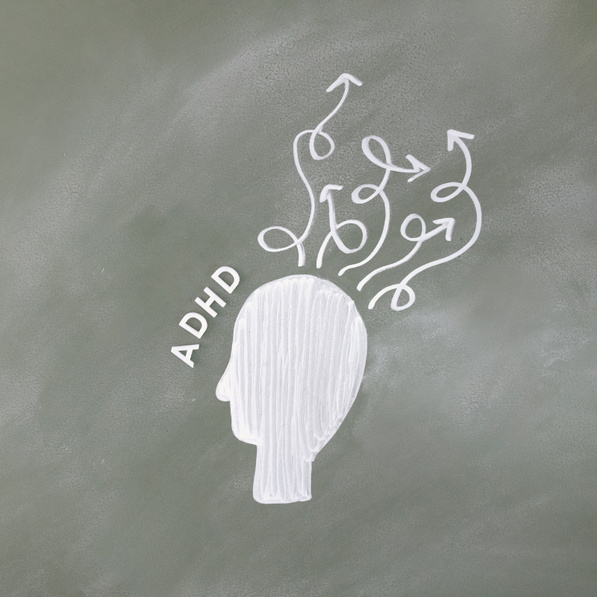DEPRESSION COUNSELLING SERVICES

What Is Depression?
Depression is a common mental health disorder that affects millions of people worldwide. It is more than just feeling sad or going through a temporary rough patch. Depression is characterized by persistent feelings of sadness, loss of interest or pleasure in activities, and a range of emotional and physical symptoms that can significantly impact a person's daily life.
Symptoms of Depression
Depression can manifest in different ways, and the symptoms can vary from person to person. Some common symptoms of depression include:
-
Persistent sadness: Feeling down, empty, or hopeless most of the day, nearly every day.
-
Loss of interest or pleasure: Losing interest in activities once enjoyed, including hobbies, socializing, or intimate relationships.
-
Changes in appetite: Significant weight loss or gain, changes in appetite or eating habits.
-
Sleep disturbances: Insomnia, trouble falling asleep or staying asleep, or sleeping excessively.
-
Fatigue or loss of energy: Feeling constantly tired, lacking energy, or experiencing a significant decrease in motivation.
-
Difficulty concentrating: Trouble focusing, making decisions, or experiencing memory problems.
-
Feelings of guilt or worthlessness: Persistent feelings of guilt, self-blame, or feeling worthless.
-
Thoughts of death or suicide: Recurrent thoughts of death, suicidal ideation, or suicide attempts.
It's important to note that experiencing a few of these symptoms occasionally does not necessarily indicate depression. However, if these symptoms persist for more than two weeks and significantly interfere with daily functioning and quality of life, it may be indicative of depression.
Methods to Treat Depression
Depression is a treatable condition, and several methods can help individuals manage and overcome depressive symptoms. Treatment for depression often involves a combination of the following approaches:
-
Psychotherapy: Also known as talk therapy, psychotherapy can be highly effective in treating depression. Cognitive-behavioral therapy (CBT) is a common therapeutic approach that helps individuals identify and challenge negative thought patterns, develop healthier coping mechanisms, and make positive changes in behavior and thinking.
-
Medication: Antidepressant medications, such as selective serotonin reuptake inhibitors (SSRIs) or serotonin-norepinephrine reuptake inhibitors (SNRIs), may be prescribed by a psychiatrist or primary care physician to help alleviate depressive symptoms. Medication can be particularly helpful in cases of moderate to severe depression or when combined with psychotherapy.
-
Lifestyle Changes: Adopting a healthy lifestyle can play a significant role in managing depression. Regular exercise, a balanced diet, sufficient sleep, and stress reduction techniques such as meditation, yoga, or deep breathing exercises can contribute to improving mood and overall well-being.
-
Social Support: Building a strong support network of family, friends, or support groups can provide emotional support, reduce feelings of isolation, and help individuals navigate through depressive episodes. Sharing experiences, seeking understanding, and receiving encouragement from others can be beneficial in the recovery process.
-
Self-Care: Engaging in self-care activities is crucial for managing depression. This may include practicing relaxation techniques, setting boundaries, engaging in activities that bring joy, prioritizing self-compassion, and seeking enjoyable experiences or hobbies.
-
Alternative Therapies: Some individuals find complementary or alternative therapies helpful in managing depression symptoms. These may include art therapy, music therapy, acupuncture, or herbal supplements. It's important to consult with a qualified professional before incorporating alternative treatments.
It's important to seek professional help if you or someone you know is experiencing symptoms of depression. A mental health professional can provide a proper diagnosis, develop a personalized treatment plan, and offer ongoing support throughout the recovery process.
















